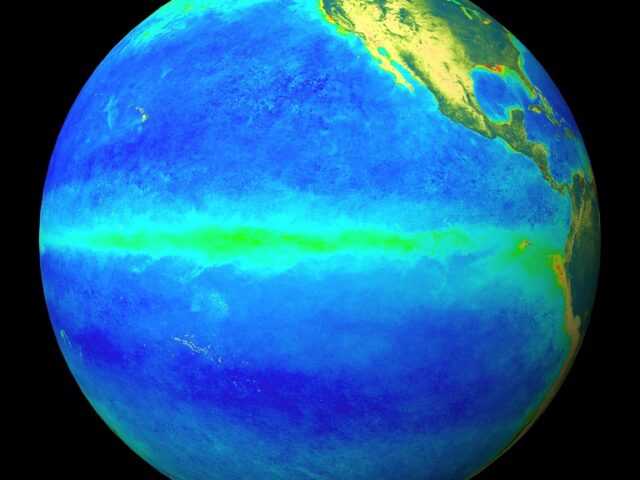MELBOURNE, Australia — The ENSO Outlook remains at El Niño Alert, indicating there is approximately a 70% chance of El Niño occurring in 2018—around triple the normal likelihood, says the Bureau of Meteorology of the Australian Government (BOM).
In the Indian Ocean there are signs that a positive Indian Ocean Dipole (IOD) is underway.
An El Niño and a positive IOD increase the likelihood of a dry and warm end to the year across most of Australia. They also raise the risk of heatwaves and bushfire weather in the south, while there are typically fewer tropical cyclones in the Australian region.
The surface of the tropical Pacific has warmed over the past month due to weakening of the trade winds. Sub-surface waters also remain warmer than average, increasing the potential for further warming at the surface.
However, atmospheric indicators in the tropical Pacific such as the Southern Oscillation Index (SOI), cloudiness and trade winds, are yet to indicate that the ocean and atmosphere have coupled and hence are reinforcing each other. A positive feedback between the ocean and atmosphere is what defines and sustains an El Niño event.
International climate models suggest further warming of the tropical Pacific Ocean is likely, increasing the chance of coupling occurring in the coming months. Six of eight models predict El Niño thresholds will be met or exceeded in November.
The IOD index has exceeded the positive threshold (+0.4 °C) for five of the last six weeks. If these values persist for anther fortnight, 2018 will be considered a positive IOD year. Model outlooks suggest the positive IOD event will decay during November. The IOD is linked with drier weather in southern and central Australia during spring, but typically has little influence on Australian climate from December to April.


















